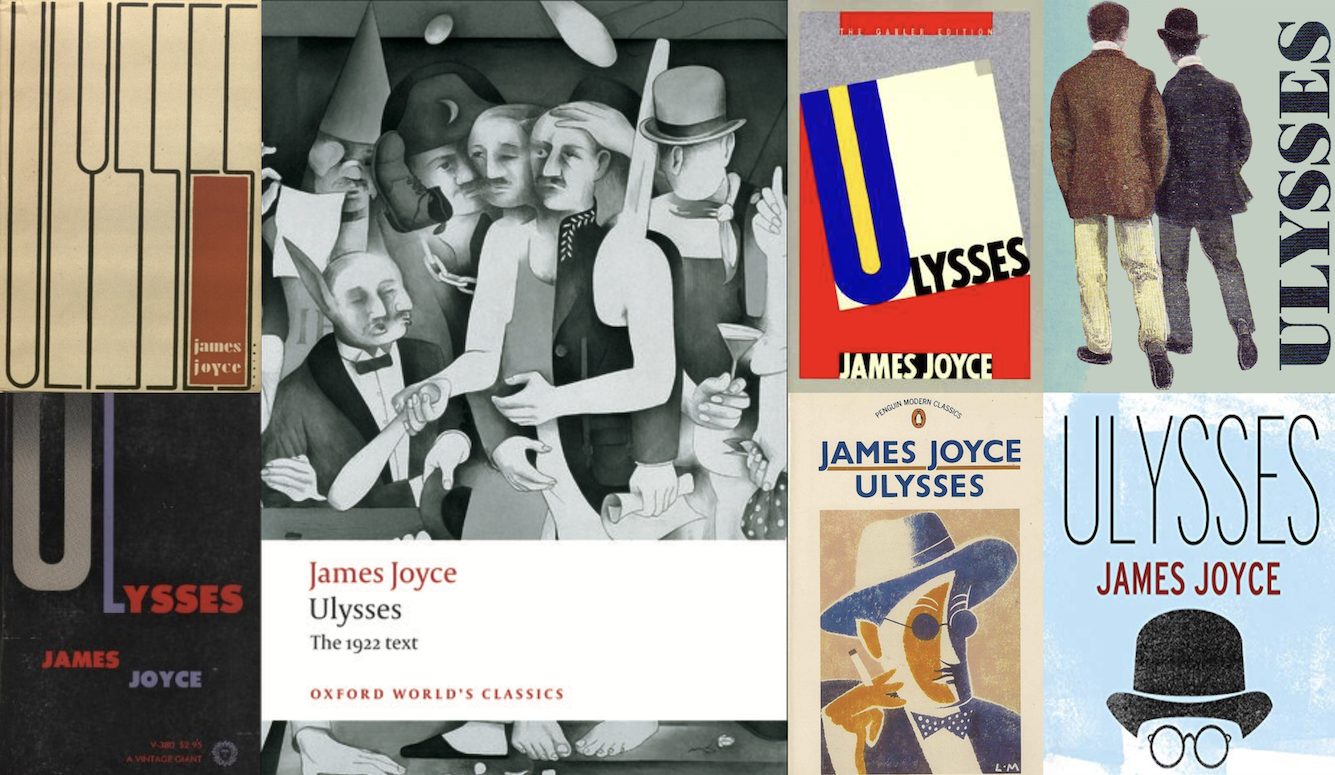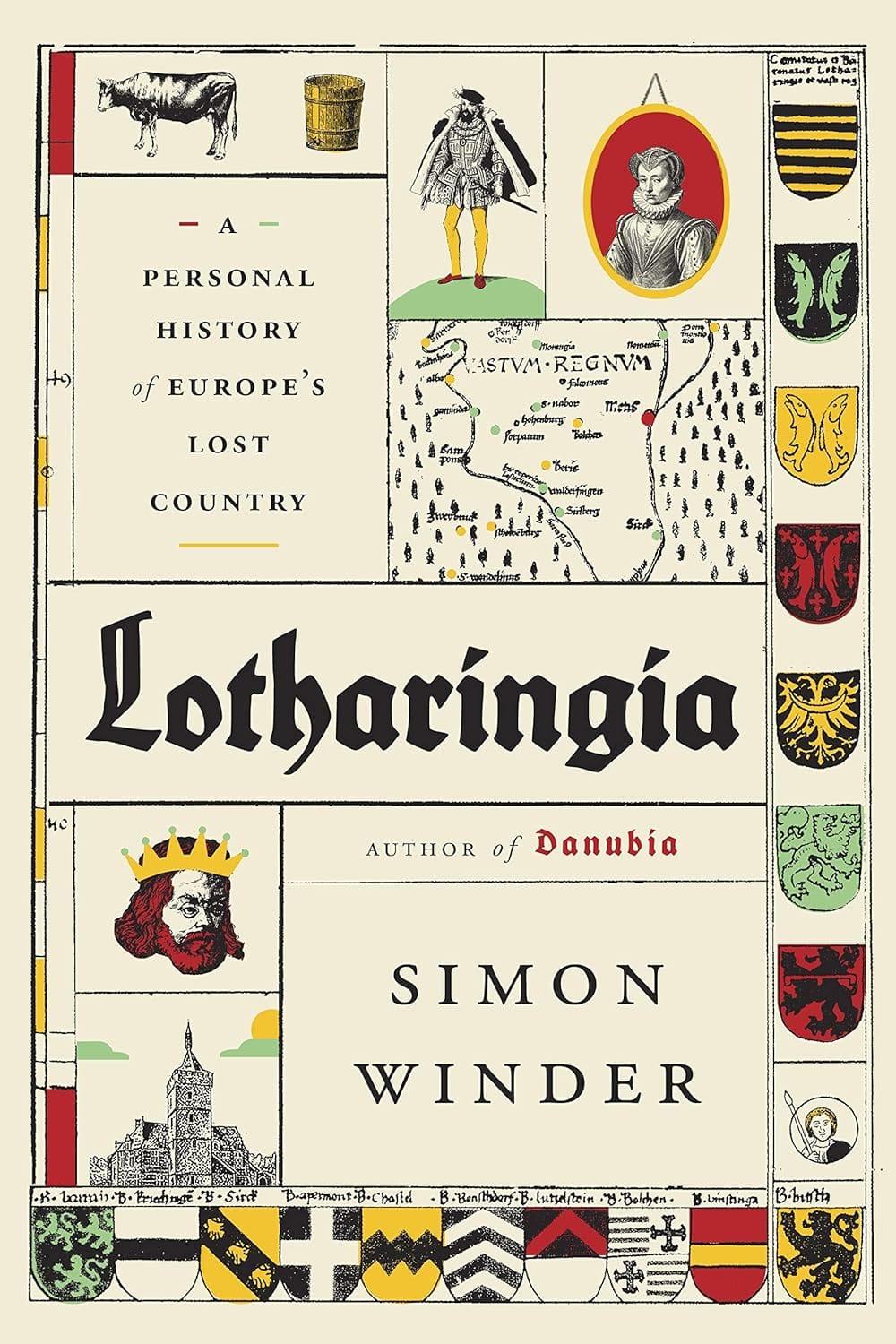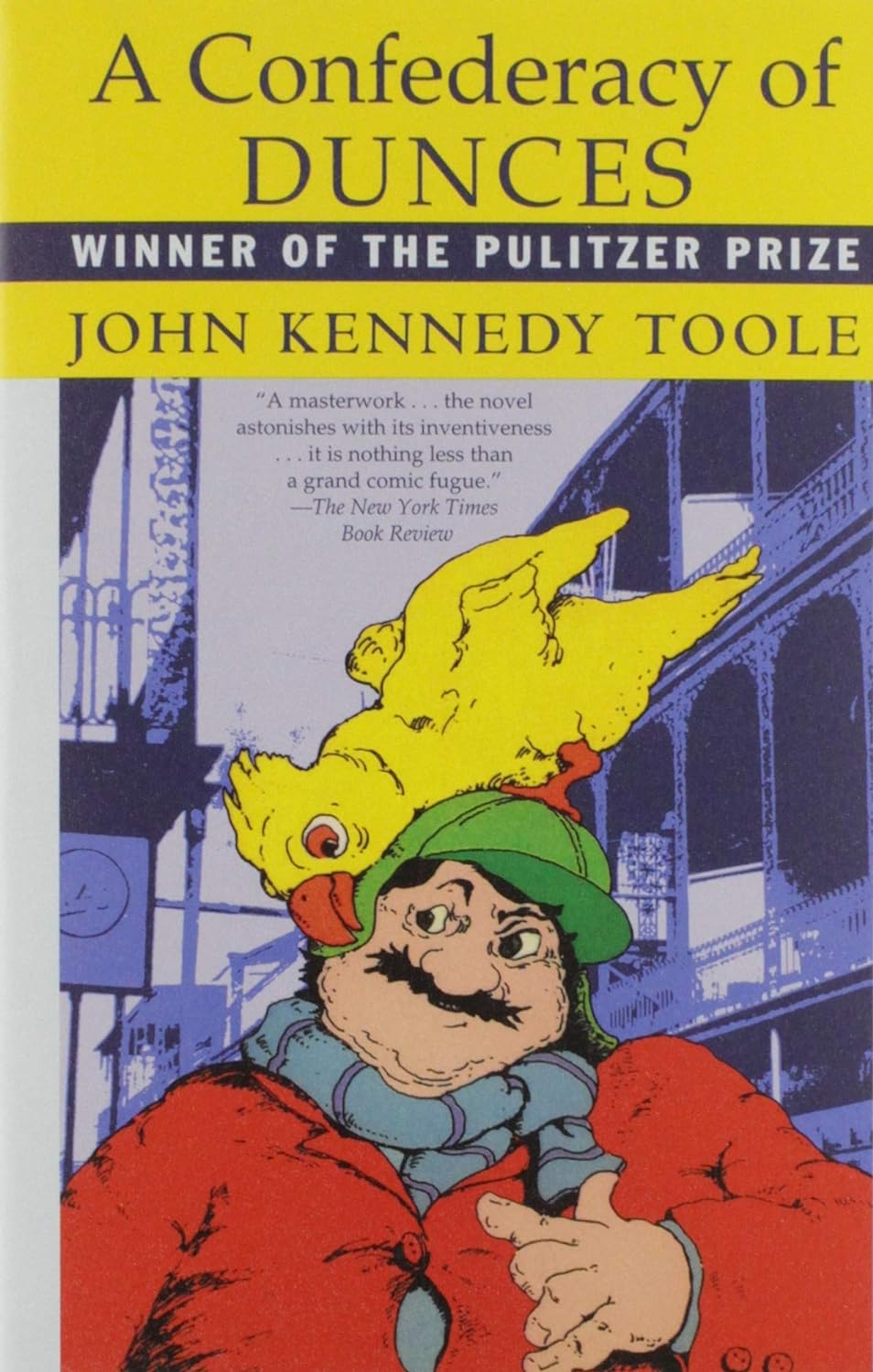COVID-19
Making the Best of Enforced Solitude: Quillette's Quarantine Book Club
By way of aspirational example, consider the 12th-century case of Hildegard von Bingen‚ whose epic transformation during her own lengthy isolation paved the way to sainthood.

As you read this, untold thousands of coronavirus patients around the world are enduring lonely, quarantined isolation—in specialized hospital wings, on cruise ships, or, as in most cases, in their homes. While everyone’s first priority is health and safety, those infected individuals who are not severely disabled by the disease also face the question of what to do with their weeks of enforced solitude. Netflix binges and the distraction of social media only go so far. Can one emerge from coronavirus quarantine not only fully recovered, but an improved person as well?
By way of aspirational example, consider the 12th-century case of Hildegard von Bingen‚ whose epic transformation during her own lengthy isolation paved the way to sainthood—not to mention a string of smash-hit musical compositions, some performed to this day, in the genre now known as sacred monophony.
Hildegard was born to minor nobility in the German town of Bermersheim vor der Höhe, which now sits in the southwestern exurbs of Frankfurt. According to some tithing traditions, 10th children, such as Hildegard was reputed to have been, were passed along to the church (by presumably exhausted parents) along with a 10th of one’s earthly goods. In this way did Hildegard become an anchorite at a Benedictine monastery in the Palatinate Forest.
An anchorite (or anchoress, if you prefer) was an officially sanctified hermit who was literally walled into a cell attached to a church or abbey, where she was expected to spend her days as a sort of dead-to-the-material-world salvation mascot, endlessly purifying the planet with her prayer. While there were holes in an anchorite’s cell to permit the passage of food, water and waste, these apertures were constructed in such a way as to make eye contact impossible.

It seems like a horrifying fate. And not surprisingly, some anchorites went mad (including Hildegard’s one-time cell-mate, Jutta von Sponheim). Yet it was also seen as a high honour. And Hildegard herself, who’d experienced divine visions of what she called “the reflection of the living Light” from an early age, read books in her cell, learned to play the ten-stringed psaltery, and communed with God. Once released, she went on to found her own monastery, invent a 23-lettered language (the Lingua Ignota), author proto-psychedelic works of theology, and create hundreds of natural “cures” that remain, to this day, a source of inspiration for fringe medical faddists. (For example, did you know that the best way to treat jaundice is to tie an unconscious bat to your genitals? When the bat dies, the jaundice disappears. It’s that simple.)
I am not a medievalist nor a new-age health connoisseur. My knowledge of Hildegard comes by way of Simon Winder’s new book, Lotharingia: A Personal History of Europe’s Lost Country. This is one of those 500-page bricks that we all buy and put on our bedside table, where it spends several months unread, making us feel bad about ourselves as we instead devote our pre-sleep hours to answering emails on our phone or having one last bash at critics on Twitter before turning off the light. There are certain serious and dedicated readers who can read and appreciate Ulysses while standing in line at the grocery store. But the rest of us usually find excuses to put off weighty fare until some undefined point in the future.

And when those points come, they typically come unbidden. For me, it is a by-product of jetlag: Whenever I take an overnight flight to Europe from Canada, I bring a few thick books, because I know that the first night or two will be sleepless affairs—perhaps the only time during the whole year when I’m absolutely alone, the world is silent, and eight unscheduled hours stretch out before me. This is how I finally managed to conquer Lotharingia, an absolutely wonderful hybrid of hilarious travel writing and incisive historical analysis.

When Charlemagne’s grandson Lothar I passed away in 855, his kingdom of Middle Francia (spanning modern France and Germany) was divided up between his three sons, with one getting (roughly) the French west, another getting (roughly) the German east, and Lothar II (often spelled Lothair) getting the sandwiched middle bits, including what we now call the Netherlands, Belgium, Luxembourg, the French region of Lorraine and various western German principalities. Needless to say, it wasn’t long before Lotharingia—that’s really what it once was called, at least by some—was gobbled up by larger aggressors from all sides. Yet the fact of its existence presents Winder with a useful organizing principle: From the Christian fortress city of Utrecht in the north down to the shadows of the alps, Lotharingia became a sort of gigantic swing door for every king and warlord to come noisily banging through.
Upon reading Lotharingia, I was awed not only by Winder’s ability to pull off such a grand literary conceit, but also by the fact he could sell the stunt (presumably in advance) to his editors. “I’m going to travel around Europe, accumulate some funny stories, and then step readers through the political, military and religious upheavals that convulsed dozens of unpronounceable duchies, bishoprics and electorates from the Dark Ages through to, oh say, Napoleon-ish times” doesn’t seem like an especially promising way to begin a pitch meeting. Then again, this isn’t Winder’s first kick at the can: Lotharingia follows on the acclaimed Danubia: A Personal History of Habsburg Europe, and Germania: In Wayward Pursuit of the Germans and Their History. Surely, Vikingvonia and Slavonistan cannot be too far behind.
* * *
COVID-19 is a deadly disease. And by no means do I mean to minimize the toll of suffering by casting the current outbreak as a mere excuse to hole up with a good book. But the unfortunate fact is that there is no cure, and the only thing many sufferers can do is rest, monitor their symptoms for signs that they require acute medical intervention, isolate themselves from those they might unwittingly infect, and productively stimulate their mind insofar as their health permits anything except the basics of self-care. (For the record, Hildegard von Bingen’s recommendations to those enduring serious flu symptoms included duckweed, deer liver and, of course, sneezewort.)
History does show that great feats of mind can overcome disease, at least for a while. Marcel Proust wrote his greatest work as he lay in his room before dying of pneumonia and a pulmonary abscess in 1922. George Orwell wrote much of Nineteen Eighty-Four in an isolated farmhouse while plagued by a fatal case of tuberculosis during the late 1940s. In the months before enduring an agonizing death from Addison’s disease in 1817, Jane Austen rewrote the ending to The Elliots and churned out a dozen chapters of Sanditon. For both writer and reader alike, many diseases that torment the body do spare the mind.


Indeed, there are certain great works of literature that many of us will never dive into unless life conspires to force us in some way—circumstances that become rare once we graduate from high-school reading lists. My mother first devoured the great classics of Russian literature as a teenager laid low for a whole summer by mononucleosis. Decades later, I pushed through Ivanhoe when an asthma attack confined me to the sick room at Wooden Acres summer camp in Saint-Adolphe-d’Howard. During a similar bout of illness in my 20s, I read what would become my favourite novel, John Kennedy Toole’s Pulitzer Prize-winning A Confederacy of Dunces (published posthumously, for tragic reasons that Toole’s fans know well). This latter experience stands out because I specifically recall that the first few pages of Toole’s book, featuring protagonist Ignatius Reilly set upon outside New Orleans’ D.H. Holmes department store by some of the recurring minor characters who populate the hilarious book, struck me as confusing and uninteresting. Even after a few chapters, I felt ambivalent. And I am completely certain that if I hadn’t been sick with bronchitis, unable even to stagger out of the room without collapsing into coughing spasms, I wouldn’t have continued with Toole’s masterpiece, and my life would have been much the poorer for it.
* * *
If you are a reader—as most people who visit Quillette would describe themselves—then I’m guessing you have one or more similar stories. And I’m inviting you to share them with Quillette as part of our new series, Quarantine Book Club. Is there a book—or an author, or even a whole genre—that would be alien to you but not for the enforced solitude and inactivity imposed by cruel circumstances? Share your experience with us by emailing us at [email protected], with “Quarantine Book Club” in the subject line.
These can present readers with something resembling a proper book review, or an informal recollection of a memorable sickbed reading rhapsody, or some combination thereof. But in all cases, the idea is to inspire our quarantined readers—as well as those who are healthy, but simply like the idea of becoming a self-anointed literary anchorite for a few days—by describing a reading project that might seem impossible amidst the distractions and busywork of healthy day-to-day life. We plan to publish some of these submissions as standalone Quarantine Book Club articles. In other cases, we may excerpt a paragraph or two as part of a running list of suggestions to be posted on our site later this spring.
By that time, we hope, the outbreak will be under control, and everyone reading this will be safe, healthy and—as a bonus—just a little bit more alive to the timeless works of genius that too often sit unread on our shelves.






